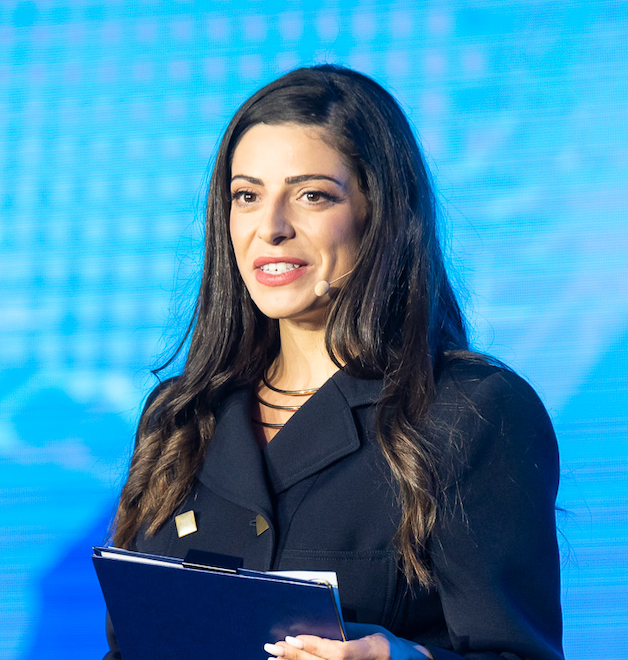Experts
Federica D’Alessandra

Nonresident Scholar, Global Order and Institutions Program
About
Federica D’Alessandra is a nonresident scholar with the Global Order and Institutions Program. She was previously the British Academy Global Innovation Fellow with the Global Order and Institutions Program at the Carnegie Endowment for International Peace. At Carnegie, her primary areas of research focus are great power competition and its implications for multilateralism, the future of transatlantic relations and of American internationalism, and international law and policy issues relating to human protection, prevention, and accountability. She is particularly interested in the effects of great power rivalry on international peace and security, its architecture and the international laws and norms anchoring it; the international security challenges posed by what she conceptualizes as Great Power Perpetrators (D’Alessandra, 2024); and the role of values, normative leadership, and other expressions of productive power as tools of statecraft in contemporary great power dynamics.
An international law and public policy specialist, she regularly publishes and advises governmental and inter-state debates, including in relation to treaty negotiations and amendments, on topics ranging from international aggression, use of force, international humanitarian and international criminal law, as well as broader developments in public international law and global criminal justice. She regularly also briefs (and, upon request, provides targeted advice) to government agencies (chiefly but not exclusively in the United States and United Kingdom, as well as international organizations as relevant) on strategic planning and policy implementation (particularly in relation to civilian protection and atrocity prevention strategies, alongside substantive law issues), and has provided expert evidence to a number of UK parliamentary inquiries (Foreign Affairs and International Development Committees in the House of Commons, and International Relations and Defence Committee in the House of Lords).
Federica regularly participates in diplomatic conferences and professional and industry gatherings. Including, most recently, as Master of Ceremony for the Defense Track of the Warsaw Security Forum (2022-2024), co-chair of the International Bar Association Rule of Law Symposium (2019; 2022-2024) and War Crimes Specialist Conference (Hague Peace Palace, 2014-2019); and by regularly participating as both speaker and delegate to UN sessions (General Assembly, Security, and Human Rights Councils), the International Criminal Court Assembly of States Parties, and the Munich Security Conference and Paris Peace Forum, among others.
For the last decade, Federica has been a senior officer of the International Bar Association (having co-chaired various committees and serving on the councils of its Section on Public and Professional Interest and Human Rights Institute), and is actively involved in other governing and advisory boards (including the Ferencz International Justice Initiative of the Simon Skjodt Center for the Prevention of Genocide at the US Holocaust Memorial Museum).
Federica joins the Carnegie Endowment for International Peace from the University of Oxford, where she has been based at the Blavantnik School of Government since 2018, and currently serves as deputy director of the Institute for Ethics, Law, and Armed Conflict (ELAC) and director of the Programme on International Peace and Security. Prior to joining Oxford, she held appointments at the Harvard Law School and Harvard Kennedy School, including a fellowship at the Carr Center for Human Rights Policy.
Affiliations
Areas of Expertise
Education
LLM, Utrecth University; MSc, Vrije Universiteit Amsterdam; Laurea in Diritto e Relazioni Internazionali, Universita Cattolica del Sacro Cuore, Milan
Languages
English